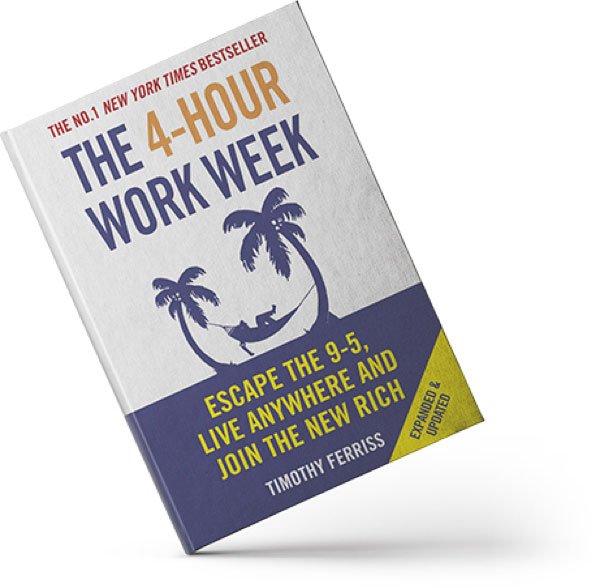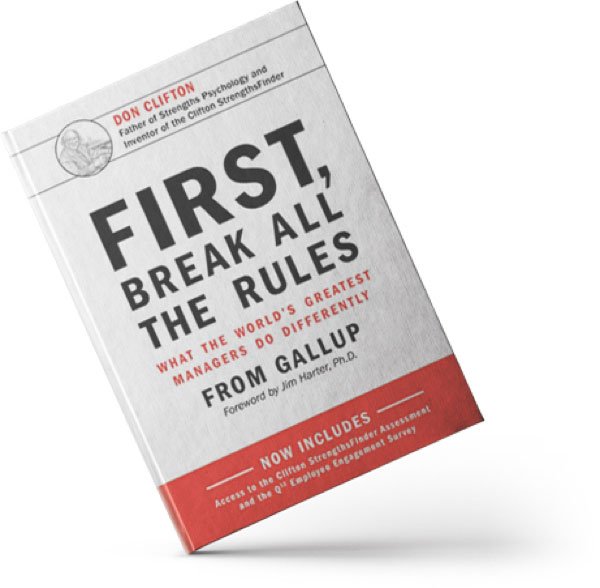There’s been a lot of noise around FRED82. A flood of technical updates (which we’ve been keeping you up to speed with here). A flurry of sky-high quotes from the Big 4 and mid-tier firms. And a whole lot of VC-backed CFOs wondering how they’re supposed to digest it all with limited time and resources.
Whether you’re scaling a B2B SaaS platform or growing a consumer brand, the last thing you need is another accounting standard derailing your momentum. That’s why we’ve highlighted some of the key risks below, so you can focus on staying compliant and growing your business.
Key Risk #1: Revenue Recognition Challenges
The proposed changes under FRED82 aligns UKGAAP under IFRS15. For software businesses, revenue recognition under IFRS 15 can feel like a minefield. Installation fees, onboarding services, bundled contracts – each element needs to be assessed individually to determine how and when revenue should be recognised.
Should revenue be recognised upfront, or spread across the life of the contract? What about performance obligations and contract modifications? These decisions don’t just affect your P&L – they shape investor perception, valuation and future funding rounds.
For consumer businesses, the challenge shifts to understanding how product bundles, promotional offers and loyalty schemes interact with the new rules. Getting this wrong could mean misstated revenue and a compliance headache down the line.
Key Risk #2: Commissions and Credit Losses
Sales commissions also present a potential compliance risk. Under IFRS 15, businesses must assess whether commissions should be capitalised and amortised, or offset against revenue. This requires a granular understanding of how commissions relate to specific contracts.
Then there’s IFRS 9 and the shift to expected credit loss modelling. Gone are the days of periodic bad debt reviews. Businesses now need to forecast losses upfront, using historical data, macroeconomic indicators, and forward-looking assumptions. For VC-backed businesses with fast-changing customer bases, this can be a significant challenge.
Leases: A Hidden Risk for Consumer Brands
In the consumer space, leases often fly under the radar, but FRED82 is bringing them front and centre. Warehouse, office and vehicle leases now need to be recognised on the balance sheet as right-of-use assets under IFRS 16.
This shift doesn’t just change how leases are reported – it alters EBITDA, asset values and debt ratios too. For one late-stage VC-backed consumer brand we worked with, the transition to IFRS 16 significantly boosted EBITDA by spreading lease charges over time. It also increased the gross value of the balance sheet, giving investors a clearer picture of the company’s operational footprint.
The biggest concern? Recalculating leases accurately and ensuring disclosures are watertight – going beyond compliance to confidence.
Why This Matters
FRED82 is a major turning point. For VC-backed businesses, the way you handle revenue, commissions, credit losses and leases can directly impact your valuation, investor trust and readiness for future funding rounds or exit.
It’s an opportunity to show you have the financial rigour to scale, the transparency to attract capital, and the agility to adapt.
If you’re navigating the impact of FRED82, or have any other accounting challenges and want clarity on what it means for your business, the CP team is here to help.























